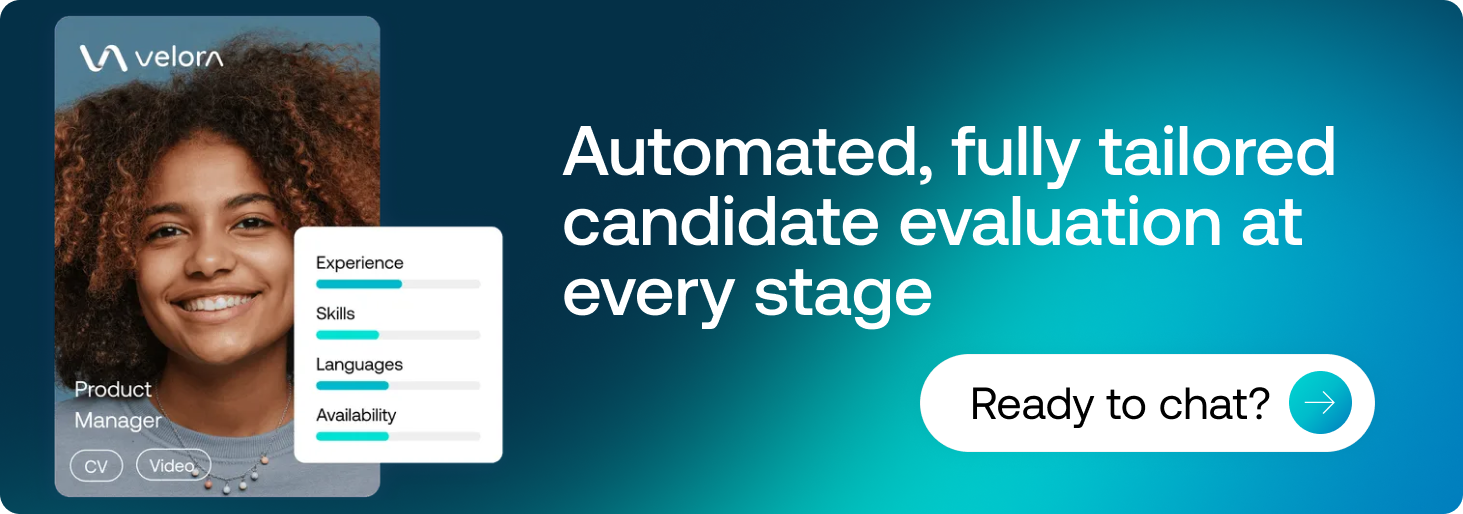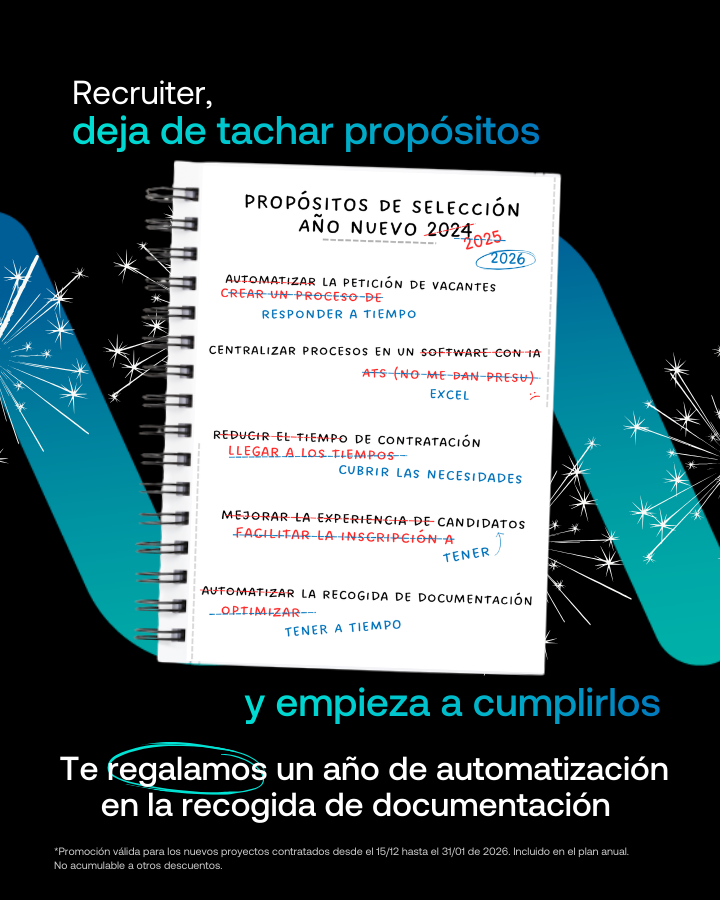Soft skills in selection processes
.jpg)
Nowadays, the search for ideal candidates for a position goes far beyond academic achievement and technical skills. Soft skills, also known as soft skills, play a fundamental role in building successful teams and on effective performance in a dynamic work environment.

What are Soft Skills?
Soft skills are personal characteristics that affect the way we interact with others and face challenges in our work and personal environment. These skills, which include effective communication, empathy, teamwork, problem solving and adaptability, are essential in building productive relationships and in the ability to face changing situations with confidence and composure.

Evaluating technical skills is relatively simple, since they are supported by academic qualifications and work experience, while the evaluation of soft skills requires a more holistic approach. Here are some effective strategies for identifying these skills in candidates:
1. Behavioral interview.
Designed to discover how candidates have handled past situations, these interviews reveal how they would apply their skills in work settings. Questions such as Describe a time when you resolved a conflict on a team they allow us to evaluate communication, problem solving and adaptability.
2. Psychometric evaluations.
These tests measure an individual's personality and behavioral characteristics. They can be performed using personality tests such as the Myers-Briggs Type Indicator (MBTI) or the DISC assessment, which can provide information about the candidate's communication, decision-making and teamwork.
3. Simulation exercises.
By assigning tasks that reflect real work situations, employers can observe how candidates address problems and collaborate. These exercises can reveal resilience, creativity, and the ability to work under pressure.
What tools allow us to evaluate Soft Skills?
Thanks to digitalization, numerous tools have emerged that make it easier for recruiters to evaluate candidates' soft skills. Some of them are:
1. Online assessment platforms.
There are platforms that offer personalized assessments measuring skills such as problem solving, decision-making and communication.
2. Virtual reality.
Some companies use virtual reality to simulate work situations and evaluate how candidates react and communicate in realistic environments.
3. Gamification.
Online games and quizzes can test problem solving, adaptability and decision-making in a fun and dynamic way.

The role of AI and Chatbots.
Artificial intelligence (AI) and chatbots are revolutionizing the way recruitment processes are carried out. These technologies can analyze language and behavioral patterns to evaluate soft skills in online interviews and automated questionnaires. They can also track interactions with candidates and provide instant feedback.

In conclusion, soft skills are vital in building strong teams and in succeeding in today's workplace. Evaluating these skills can be challenging, but with approaches such as behavioral interviews, psychometric tests, and technological tools, employers can make more informed decisions. In addition, AI and chatbots are paving the way for a more accurate and efficient evaluation of soft skills, leading to the creation of more cohesive and productive teams.
.jpg)
Fulfill your selection purposes
Recruiter, fulfill your recruitment purposes in 2026 with the help of Velora. And as a gift, a free year on automatic document request.

Related articles
More articles to inspire your HR strategy









